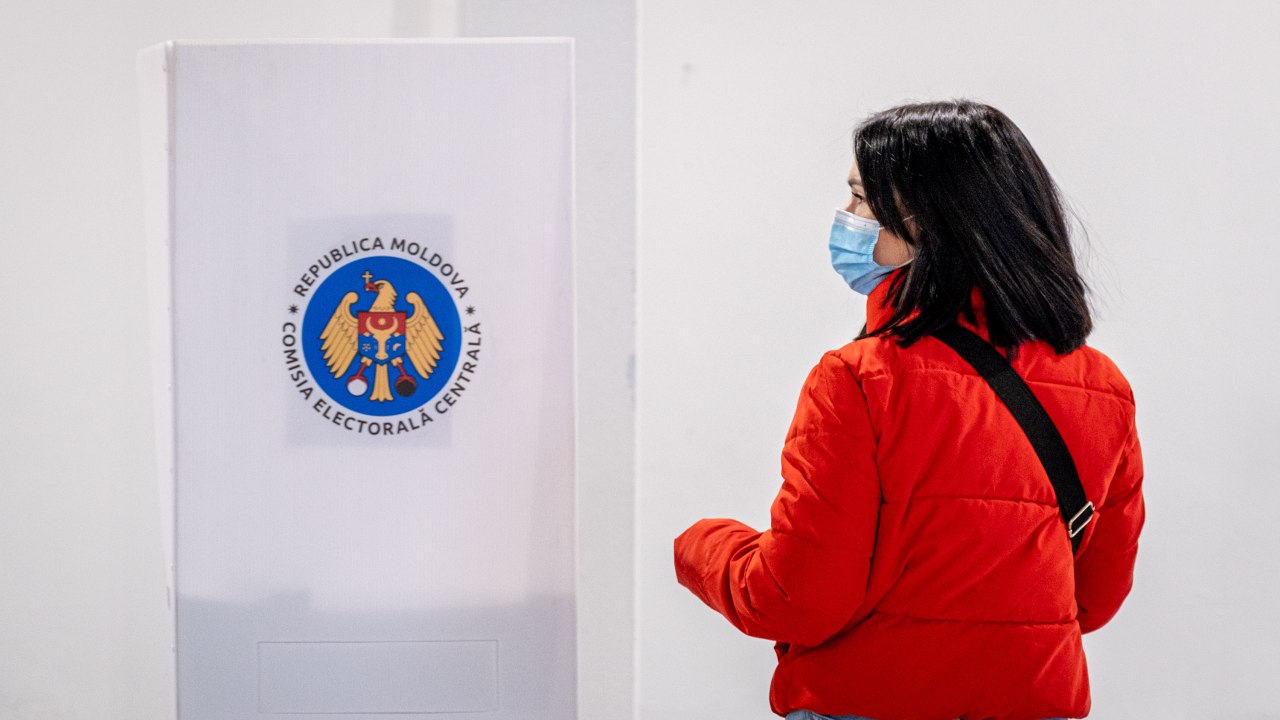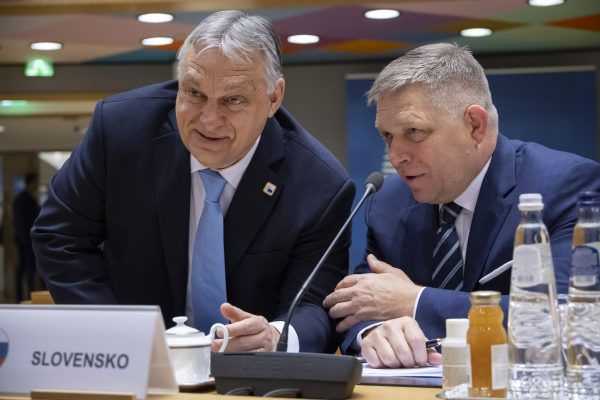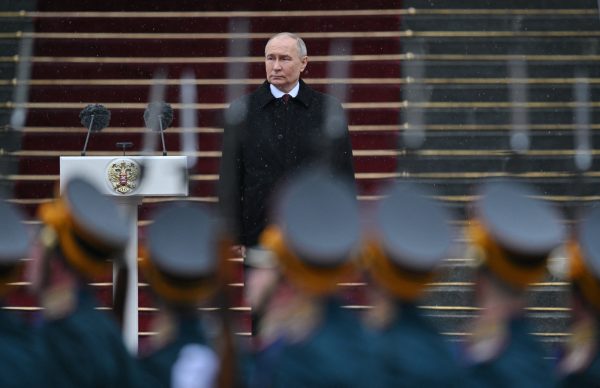On the eve of the European Commission’s announcement that it had recommended the opening of European Union (EU) accession negotiations with Chișinău, the country has just seen one of the most dramatic local election campaigns in recent history.
Just two days before the vote, the country’s Commission for Emergency Situations, on the basis of a security service report, banned candidates from the Chance party from the elections. The party, which is extremely active in some regions of the country, replaced the Șor party, founded by the fugitive oligarch Ilan Șor, who has been sentenced to 15 years for his part in a $1bn bank theft.
The Șor party was banned earlier this year, and Chance was quickly created as a substitute to garner the same anti-government vote, thus becoming the next Russian proxy party in Moldovan politics.
In a long report which, as at least one expert has argued is not exactly transparent, Moldova’s Intelligence and Security Service (ISS) said it had documented several schemes through which the Chance party had received money from Russia through citizens of third countries, e.g. Kazakhstan.
The report stated that illegal payments were made to local public administrations in regions where Ilan Șor and his followers have some political presence. Șor’s money, Moldova’s authorities highlight, comes along with to greater Russian influence on Moldovan politics. Șor himself and the party bearing his name deny the allegations, though they openly deal with Moscow and have been called “reliable partners” by a senior Russian official.
Moldovan Prime Minister Dorin Recean did not mince his words. “We have an enemy actor from outside —the Russian Federation —who with these huge sums and paid through an organized cross-border criminal network, wants to destroy the Republic of Moldova,” he said.
The approach employed by Russian proxies was described in the ISS report as “regionalization”, or pitting the regions against the central government – as politicians linked to Ilan Șor, including the current head of the autonomous region of Gagauzia, Evghenia Guțul, have done in the past.
The move to ban Chance candidates at the last moment did not result in comment from European institutions, but the Organization for Security and Cooperation in Europe (OSCE) issued a somewhat critical statement, saying that the decision “limited voters’ choice and resulted in uncontested races in some smaller localities.”
This is true, although the Moldovan authorities would argue that they faced little choice when confronted with hybrid threats from Russia; the same tactics that have been documented on previous occasions when Ilan Șor was involved.
The real purpose of hybrid operations like these is not just to create electoral forces to undermine pro-Western governments’ policies, but rather to create confusion and undermine trust in democratic institutions. “No one plays fair” is a message that the Kremlin is happy to take root in the minds of the Moldovan people. This approach, widely practiced by Russia, is known as strategic ambiguity.
Here is a lesson in what happens when a pro-democracy government holds elections under the conditions of hybrid war. Moldova probably has just enough democratic resilience at this stage, largely owing to staunch support from the EU, to be able to muddle through this time, but presidential elections next year will be a bigger challenge.
This also shows why it is probably a good idea to postpone presidential elections in Ukraine, which is currently under much greater pressure, militarily and otherwise. For both countries, the credibility of democratic politics is at stake in a make-or-break moment for the country’s survival.
Marija Golubeva is a Distinguished Fellow with the Democratic Resilience Program at the Center for European Policy Analysis (CEPA). She was a Member of the Latvian Parliament (2018-2022) and was Minister of the Interior from 2021-2022. A public policy expert, she has worked for ICF, a consultancy company in Brussels, and as an independent consultant for European institutions in the Western Balkans and Central Asia.
Europe’s Edge is CEPA’s online journal covering critical topics on the foreign policy docket across Europe and North America. All opinions are those of the author and do not necessarily represent the position or views of the institutions they represent or the Center for European Policy Analysis.





